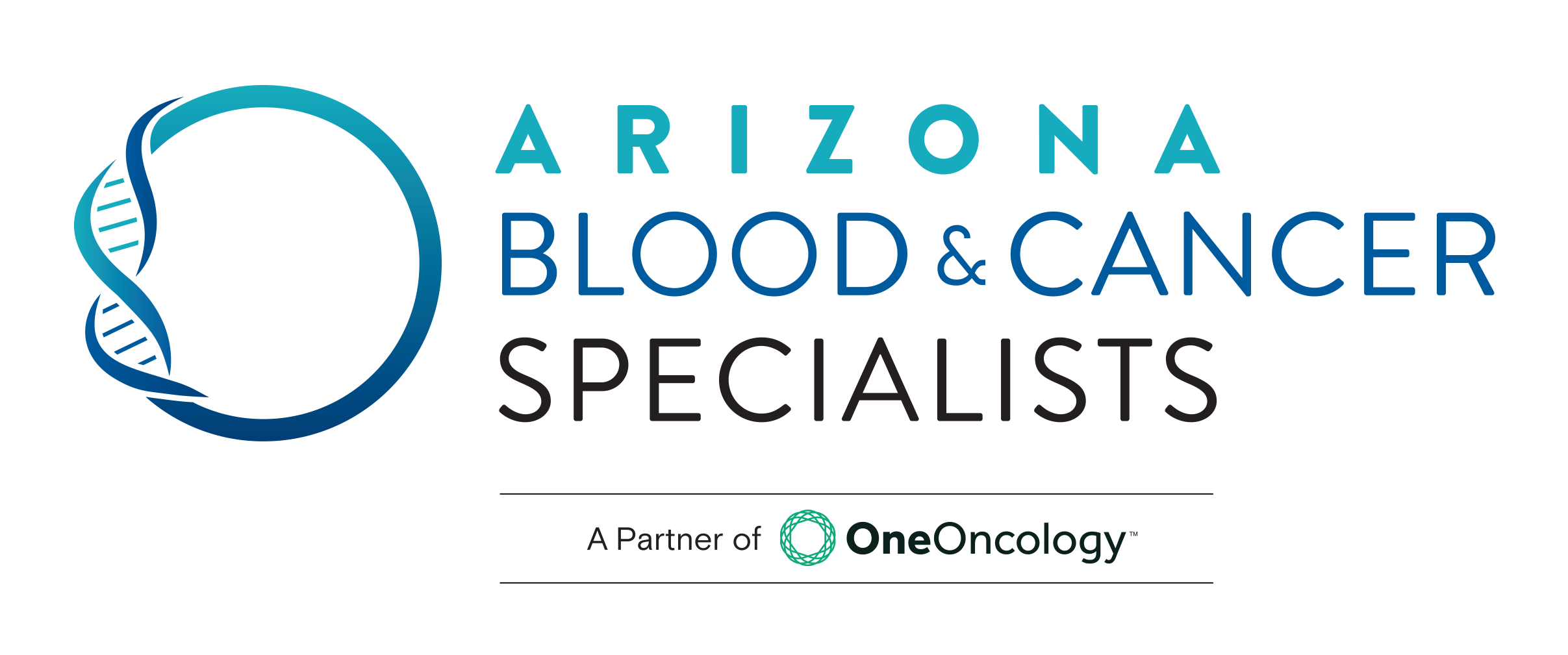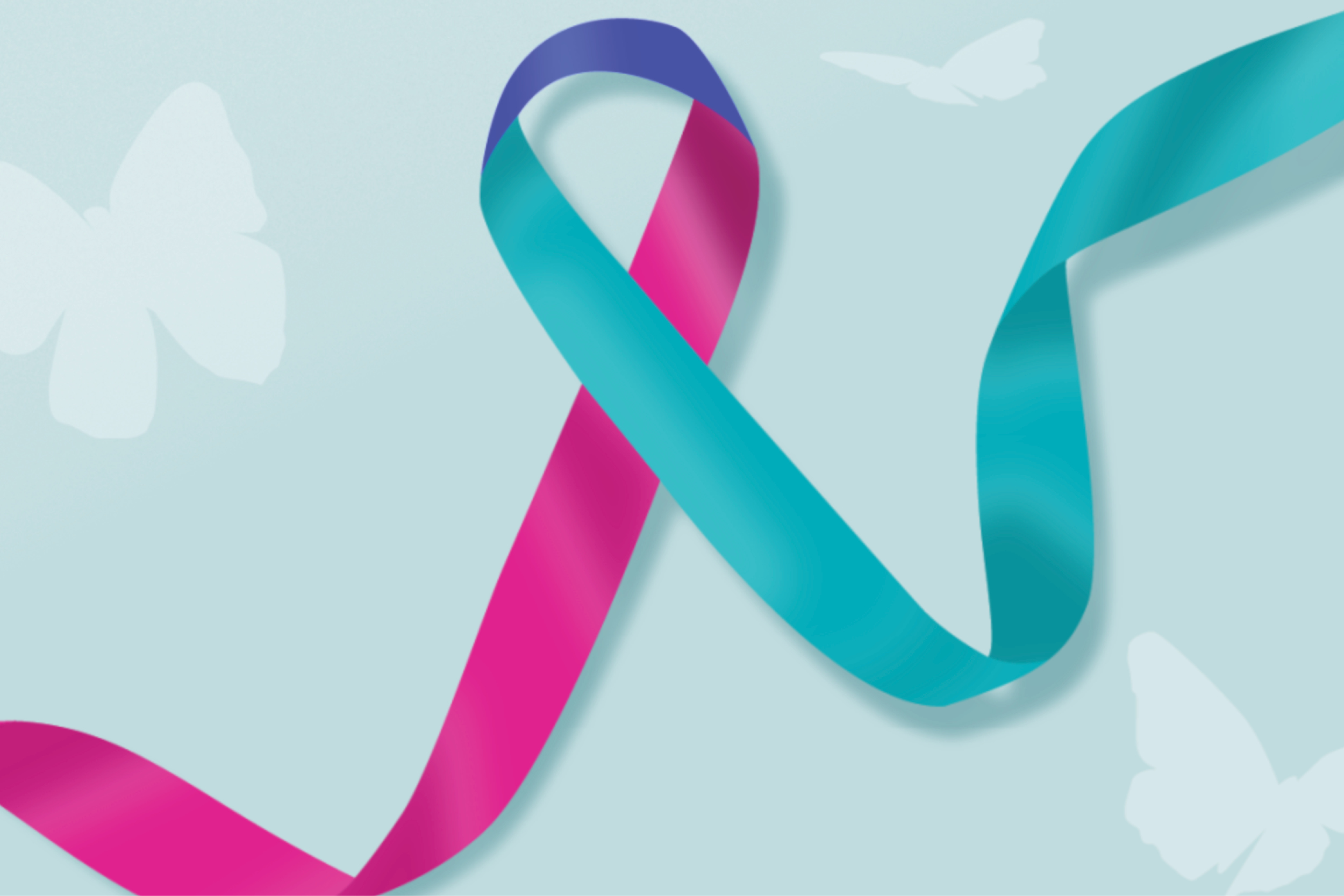What You Need to Know About Thyroid Cancer
January is Thyroid Awareness Month—a time to spotlight this small but powerful gland at the base of your neck. While thyroid health is essential year-round, this month is a great opportunity to learn about thyroid cancer, its risks, and how to take proactive steps toward early detection.
What is Thyroid Cancer?
Thyroid cancer occurs when abnormal cells grow in the thyroid gland, which is critical in regulating your metabolism, body temperature, heart rate, and blood pressure. Though it’s often treatable, early detection is key.
Signs and Symptoms to Watch For:
In the early stages, thyroid cancer may not cause noticeable symptoms. However, as it progresses, you might experience:
- Swelling or a lump in your neck
- Voice changes
- Difficulty swallowing
- Persistent neck discomfort
Who is at Risk?
Certain factors can increase your chances of developing thyroid cancer, including:
- Gender: Women are more likely than men to develop thyroid cancer, possibly due to hormonal differences.
- Radiation Exposure: Radiation treatments to the head and neck elevate the risk.
- Genetics: A family history of medullary thyroid cancer or syndromes like Cowden syndrome or multiple endocrine neoplasia can increase risk.
Can Thyroid Cancer Be Prevented?
For most people, thyroid cancer can’t be prevented. However, individuals with a high genetic risk might consider preventive measures, such as thyroid surgery. Talk to your healthcare provider to explore your options.
Types of Thyroid Cancer:
There are four main types of thyroid cancer, each with unique characteristics:
- Papillary Thyroid Cancer: The most common type, slow-growing, and highly treatable.
- Follicular Thyroid Cancer: The second most common type, more likely to spread to bones and organs.
- Medullary Thyroid Cancer: Often linked to a family history of thyroid cancer.
- Anaplastic Thyroid Cancer: Rare and aggressive, it is the hardest to treat due to its rapid growth.
If you’re experiencing symptoms, have a family history of thyroid cancer, or want to discuss your risk factors, reach out to your care team. Early detection and awareness can make all the difference.


